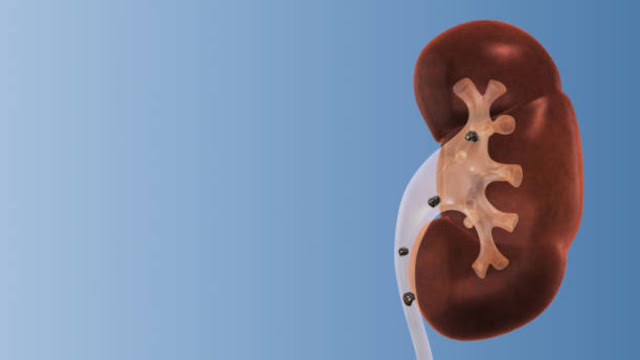The Hydration Effects on Dermatitis

The Hydration Effects on Dermatitis: Understanding the Role of Moisture in Skin Health
Introduction:
Dermatitis is a mutual skin condition categorized by tenderness,
dryness, and irritation. While various features can trigger dermatitis, the
role of hydration in managing and preventing this condition is often
overlooked. Adequate hydration is essential for maintaining the skin's barrier
function and preventing excessive dryness, which can exacerbate dermatitis
symptoms. In this article, we will sightsee the effects of hydration on
dermatitis and highlight the importance of maintaining optimal moisture levels
for healthy skin. Additionally, we will discuss the concept of blended
assessment technology and how it can aid in evaluating and monitoring hydration
levels in individuals with dermatitis.
Understanding Dermatitis and Skin Barrier Function:
Definition and types of dermatitis
The importance of the skin barrier in keeping skin health
How compromised skin barrier contributes to dermatitis
development
The Role of Hydration in Dermatitis:
The link between skin hydration and dermatitis symptoms
Effects of dryness on the skin barrier
Impact of inadequate moisture on dermatitis management and Treatment
Factors Affecting Skin Hydration:
External factors (e.g., weather, humidity, and environmental
conditions)
Internal factors (e.g., age, genetics, and underlying health
conditions)
Skincare practices and products that promote or hinder
hydration
Importance of Moisturizers in Dermatitis Management:
How moisturizers restore and maintain skin hydration
Choosing the right moisturizer for dermatitis-prone skin
Key ingredients to look for in hydrating skincare products
Blended Assessment Technology:
Definition and Purpose of blended assessment technology
Application of combined assessment technology in dermatitis
management
Examples of technology-driven tools for evaluating skin
hydration levels
Benefits of Blended Assessment Technology in Dermatitis
Care:
Real-time monitoring of hydration levels
Objective measurements and data-driven insights
Personalized treatment approaches based on individual hydration
needs
Integrating Hydration Monitoring into Dermatitis Care:
Incorporating regular hydration assessments into skincare
routines
The role of healthcare professionals in utilizing blended
assessment technology
Educating individuals with dermatitis about the importance
of hydration monitoring
Lifestyle Changes for Optimal Skin Hydration:
Hydration-promoting habits for individuals with dermatitis
Dietary Considerations for skin health
Managing environmental factors to maintain moisture balance
Challenges and Limitations of Blended Assessment Technology:
Cost and accessibility of technology-driven hydration
assessment tools
Potential discrepancies between objective measurements and
subjective experiences
Complementing technology with clinical expertise for
comprehensive dermatitis care
Future Perspectives and Advancements:
Evolving technologies in dermatology and skincare
Potential integration of artificial intelligence in
hydration assessment and personalized treatment plans
Conclusion:
Maintaining optimal hydration levels is crucial in managing
and preventing dermatitis. Adequate skin hydration plays a vital role in
preserving the skin barrier, reducing inflammation, and alleviating symptoms
associated with dermatitis. Blended assessment technology offers a promising
avenue for objective hydration evaluation, enabling personalized treatment
approaches. However, it is crucial to consider the limitations of technology
and collaborate with healthcare professionals to ensure comprehensive
dermatitis care. By recognizing the significance of hydration and embracing
technology-driven advancements, individuals with dermatitis can enhance their skin
health and overall quality of life.

Comments
Post a Comment